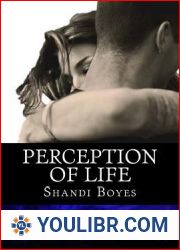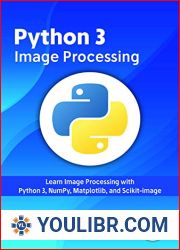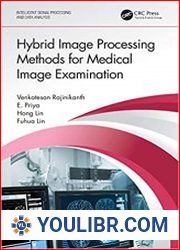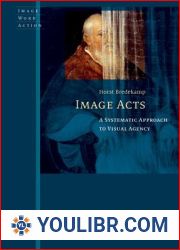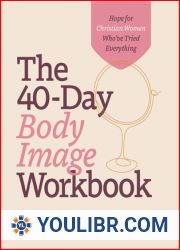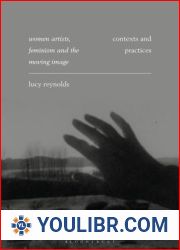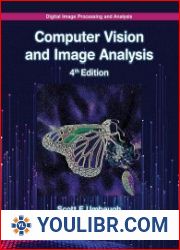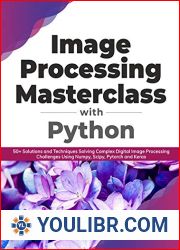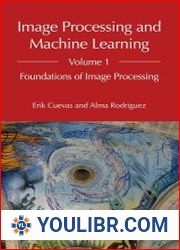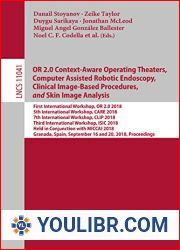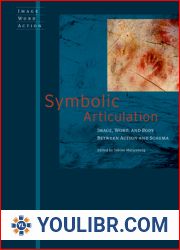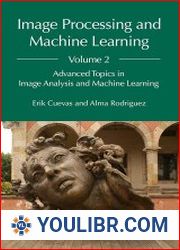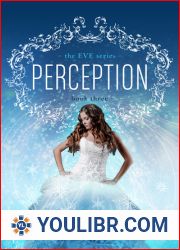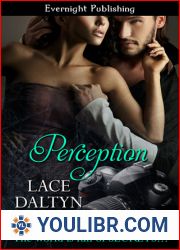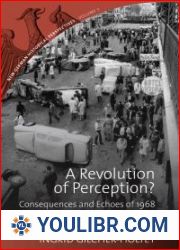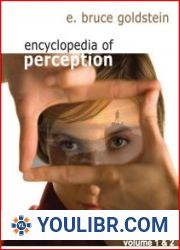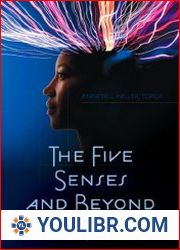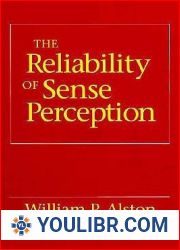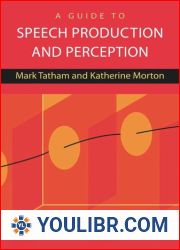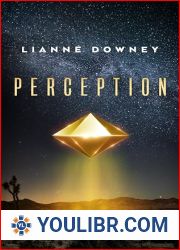
BOOKS - From Perception to Meaning: Image Schemas in Cognitive Linguistics

From Perception to Meaning: Image Schemas in Cognitive Linguistics
Author: Beate Hampe
Year: January 1, 2005
Format: PDF
File size: PDF 3.4 MB
Language: English
Year: January 1, 2005
Format: PDF
File size: PDF 3.4 MB
Language: English
The 1987 landmark publications by G. Lakoff and M. Johnson made image schema one of the cornerstone concepts of the emerging experientialist paradigm of Cognitive Linguistics, a framework founded upon the rejection of the mind-body dichotomy and stressing the fundamentally embodied nature of meaning, imagination and reason - hence language. Conceived of as the pre-linguistic, dynamic and highly schematic gestalts arising directly from motor movement, object manipulation, and perceptual interaction, image schemas served to anchor abstract reasoning and imagination to sensori-motor patterns in the conceptual theory of metaphor.Being itself informed by preceding crosslinguistic work on semantic primitives in the linguistic representations of spatial relations (carried out by L. Talmy, R. Langacker, and others), the notion has inspired a large amount of subsequent research and debate on diverse issues ranging from the meaning, structure and acquisition of natural languages to the embodied mind itself.From Perception to Meaning is the first survey of current image-schema theory and offers a collection of original and innovative essays by leading scholars, many of whom have shaped the theory from the very beginning. The edition unites essays on major issues in recent research on image-schemas - from aspects of their definition and linguistic formalization, their psychological status and neural grounding to their role as semantic universals and primitives in language acquisition. The book will thus not only be welcomed by linguists of a cognitive orientation, but will prove relevant to philosophers, psychologists, and anthropologists interested in language, and indeed to anyone studying the embodied mind.










